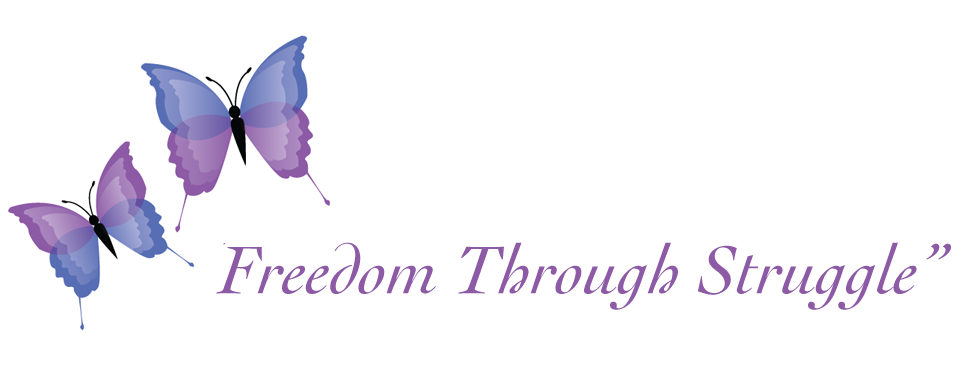Life Transitions
Recently I undertook a long journey to somewhere I hadn’t been before. I had general directions but very little fine detail of my destination. I followed my satnav whilst ensuring that I was paying attention – satnavs are not always right.
Initially I recognised the names of roads, towns and landmarks. As the journey continued I was aware of heavy traffic and needing to make decisions quickly and accurately. The more I journeyed the less familiar things became and I was only able to recognise that I was going in the right direction by road signs welcoming me to a new county.
The journey had been predicted to take 2 hours 21 minutes but the longer I travelled the more I could see that it was going to be closer to 3 hours.
Having reflected on this journey it got me thinking about life – sometimes we are very clear about where we are going – or think we are going. However it is inevitable that sometimes circumstances change and the view is not as familiar as we had expected.
What did I do when the satnav was no longer able to direct me?
I went as far as I could and then realised that I had no further directions. I parked and sat quietly in my car to steady myself. I then made a phone call and was relieved to hear that I was only 5 minutes away from my destination. Seeing my family member in their front garden brought such a sense of joy and relief.
Life is a journey
We cannot plan for all eventualities and it is inevitable that we will be challenged and arrive in territory that is not familiar to us. There are so many transitions in life – some bring joy – others not. All require a time of adjustment.
Some transitions which can be particularly difficult:
The loss of a family member
The loss of a job
The loss of our health
Family ruptures
Financial loss
The loss of health of someone that we love
The loss of our home
Moving to a new country or area
Clearly this list is not exhaustive
What did I notice on my long drive?
I noticed that there was a lot of tension in my body – in my shoulders and back – not surprising really. This was a reminder to me that our emotions are held in our bodies as well as in our brains. Normally I enjoy driving but this was not one of those times. I continued because I knew it would be worth it once I arrived.
When we feel stuck or lost in life what do we do?
Feeling stuck or lost can be very anxiety provoking – we can feel powerless and unsure what to do next. If we have entered unfamiliar territory we can become very disorientated. Someone joked with me about going around roundabouts trying to find out which is the 11th exit and losing count and the frustration that this brings.
Going round in circles?
We all have themes and patterns to the way that we navigate life – some of these work and some do not. We may well find that we need to do something different particularly if we went off at the 8th exit and it should have been the 11th.
Self-compassion
If we have taken an exit that has led to us being confused and unsure what to do next it can be helpful to stop and take some time to allow our nervous system to settle. We will then be able to think more clearly about what to do next? Perhaps we will realise that we can find our way out of the confusion. Or we may find that we need to ask for help.
Friends and family
Do ask friends and family if you feel stuck or lost.
Professional help
None of us like difficult feelings such as sadness and anxiety – yet these feelings are entirely to be expected when we are in distress. Professional support can give us a safe place to learn how to self-soothe and in time process our thoughts and feelings to the life transition that we are experiencing.

